Exploring the World of Specialty Fasteners: Innovation and Functionality
Created at : Sep 12, 2023
Fasteners are the unsung heroes of construction, manufacturing, and engineering. They are essential components that hold everything together, from the roof over your head to the car you drive. While the most common fasteners, like screws and bolts, serve a wide range of applications, there exists a fascinating world of specialty fasteners designed for unique and often complex tasks.
What Are Specialty Fasteners?
Specialty fasteners, as the name suggests, are fasteners specifically engineered to meet precise requirements in specific applications. These fasteners go beyond the standard nuts and bolts, offering tailored solutions for industries with unique demands, such as aerospace, automotive, medical, and electronics. The innovation in specialty fasteners has led to the creation of a wide array of designs, materials, and functionalities, each addressing specific challenges.
Types of Specialty Fasteners
- Threaded Inserts: Threaded inserts are used when attaching fasteners directly into materials like plastic, wood, or soft metals is not feasible. These inserts provide a durable and threaded hole for fasteners, enhancing the strength and reliability of connections.
- Blind Rivets: Blind rivets, also known as pop rivets, are used to fasten materials together when only one side of the workpiece is accessible. They are particularly useful in automotive and aircraft assembly.
- Security Fasteners: These fasteners are designed to prevent tampering, theft, or unauthorized access. They often feature unique drive designs, such as star, pin-in-torx, or tri-wing, which require specialized tools to remove.
- Sealing Fasteners: Sealing fasteners, like self-sealing screws, have integrated gaskets or O-rings to create a watertight or airtight seal when fastened, making them ideal for applications in the marine and construction industries.
- Micro Fasteners: Miniature screws and fasteners find their applications in electronics and medical devices, where precision is paramount. They are engineered to be tiny yet robust, with threads as fine as M1.
- Composite Fasteners: Composite materials, like carbon fiber, require specialized fasteners to maintain structural integrity. Composite fasteners are lightweight, corrosion-resistant, and optimized for these materials.
- High-Temperature Fasteners: Industries like aerospace and power generation require fasteners that can withstand extreme temperatures. High-temperature fasteners are made from heat-resistant materials like Inconel or titanium.
Applications of Specialty Fasteners
- Aerospace: Specialty fasteners play a crucial role in aerospace applications due to their lightweight materials and precision engineering. They are used in aircraft assembly, ensuring safety and performance.
- Automotive: In the automotive industry, specialty fasteners are used for various components, including body panels, engines, and interior fixtures, contributing to vehicle safety and longevity.
- Medical Devices: Miniature fasteners are essential for assembling medical devices, such as pacemakers and surgical instruments, where precision, reliability, and biocompatibility are paramount.
- Electronics: The electronics industry relies on micro fasteners to secure delicate components in devices like smartphones, laptops, and circuit boards.
- Construction: Sealing fasteners are used in construction to create weatherproof seals in roofs, walls, and windows, enhancing the durability and energy efficiency of buildings.
Innovation in Specialty Fasteners
The world of specialty fasteners is constantly evolving. Innovations in materials, coatings, and manufacturing techniques have led to improved strength, corrosion resistance, and longevity. Additionally, advancements in 3D printing technology have opened up new possibilities for custom-designed fasteners tailored to specific applications.
Moreover, the ongoing emphasis on sustainability has spurred the development of eco-friendly specialty fasteners. Manufacturers are increasingly using recycled materials and designing fasteners that can be easily disassembled and recycled at the end of their lifecycle.
Conclusion
Specialty fasteners are the unsung heroes of engineering and construction, providing tailored solutions for a wide range of industries and applications. Their diversity, innovation, and precision engineering enable advancements in technology, safety, and efficiency. As industries continue to evolve, so too will the world of specialty fasteners, pushing the boundaries of what is possible in the world of fastening solutions.
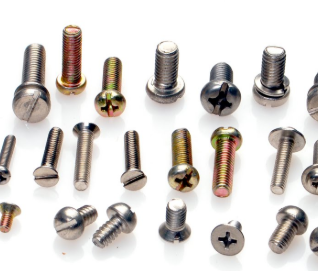 SCREWS
SCREWS
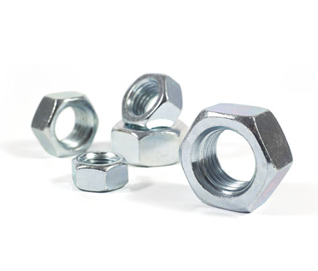 NUTS
NUTS
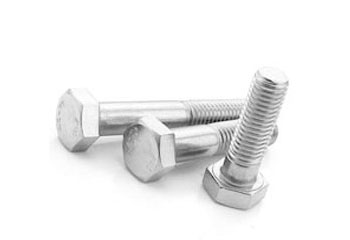 BOLTS
BOLTS
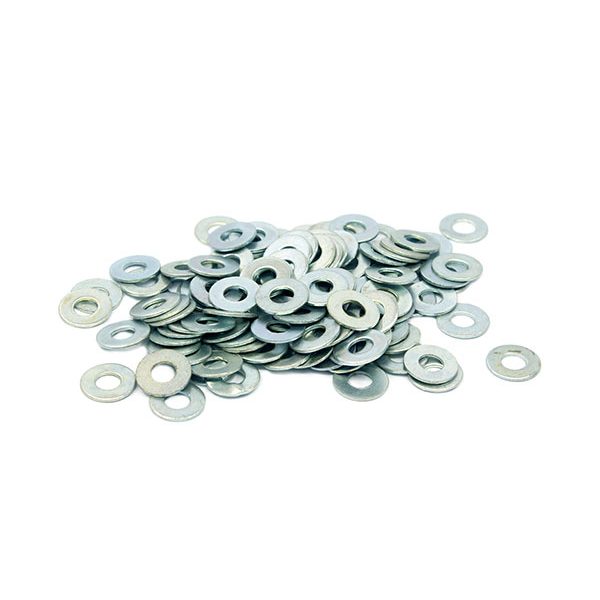 WASHERS
WASHERS
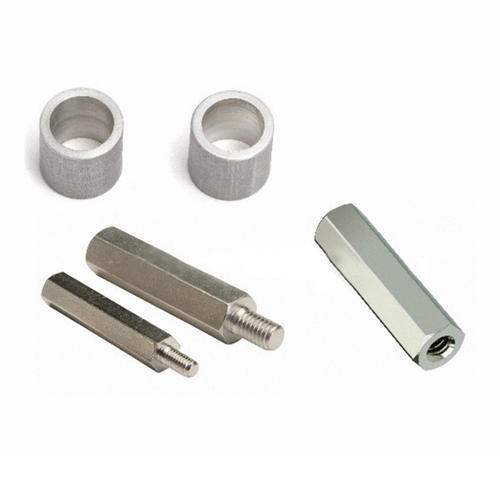 SPACERS & STANDOFFS
SPACERS & STANDOFFS
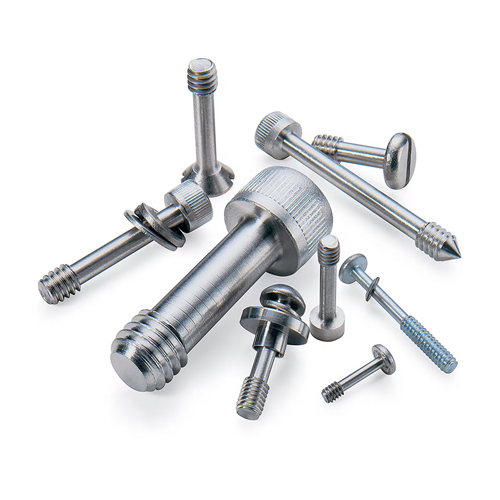 PRECISION/CUSTOM PARTS
PRECISION/CUSTOM PARTS
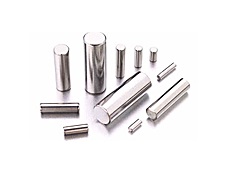 PINS
PINS
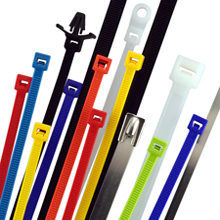 WIRE HANDLING
WIRE HANDLING
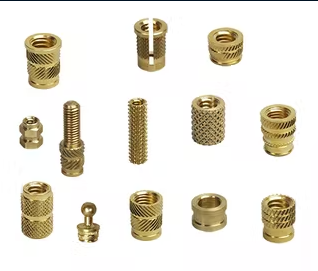 INSERTS
INSERTS
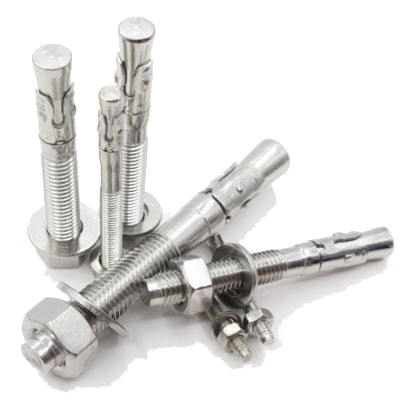 ANCHORS
ANCHORS
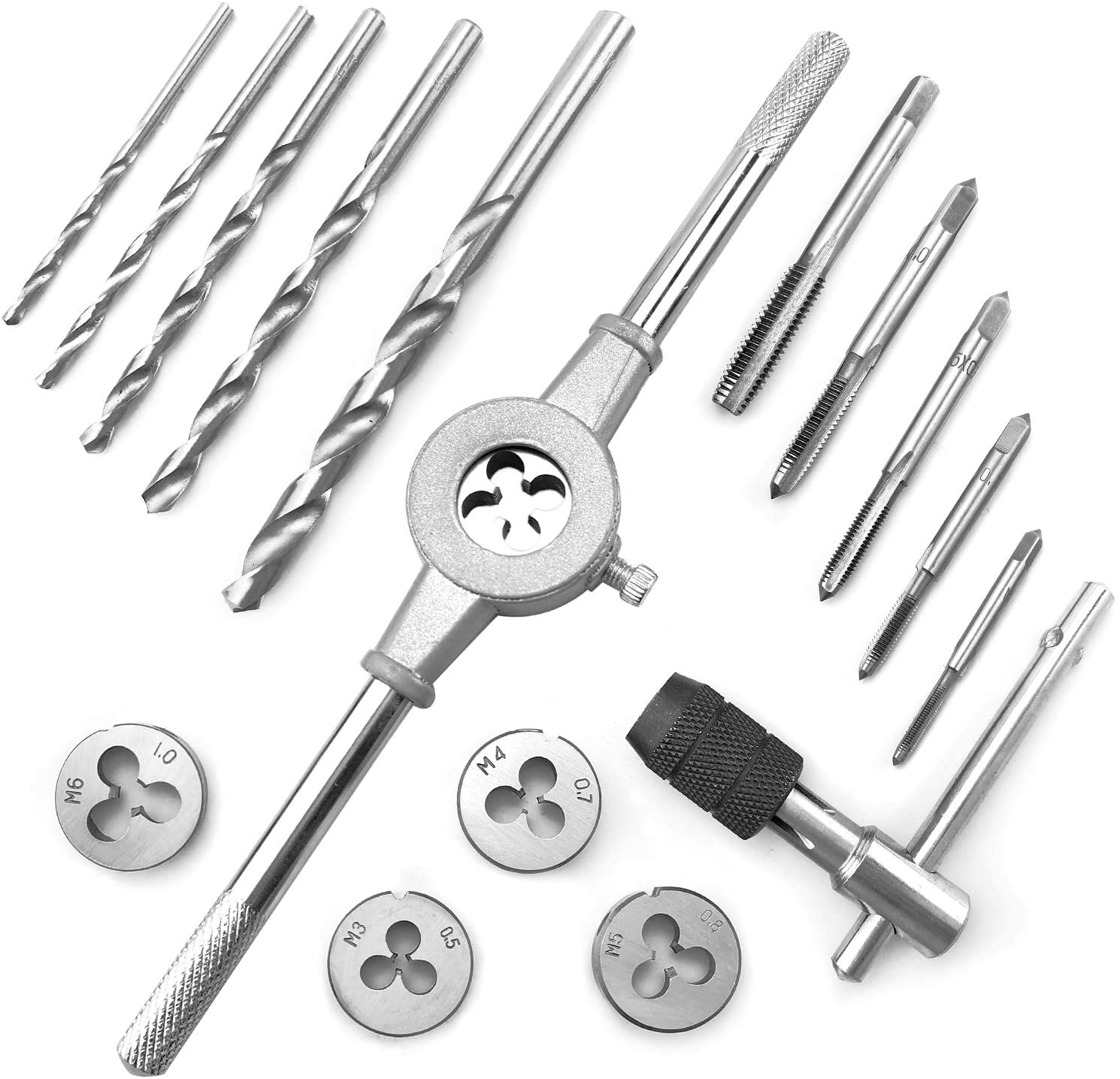 DRILL BITS, TAPS, & DIES
DRILL BITS, TAPS, & DIES
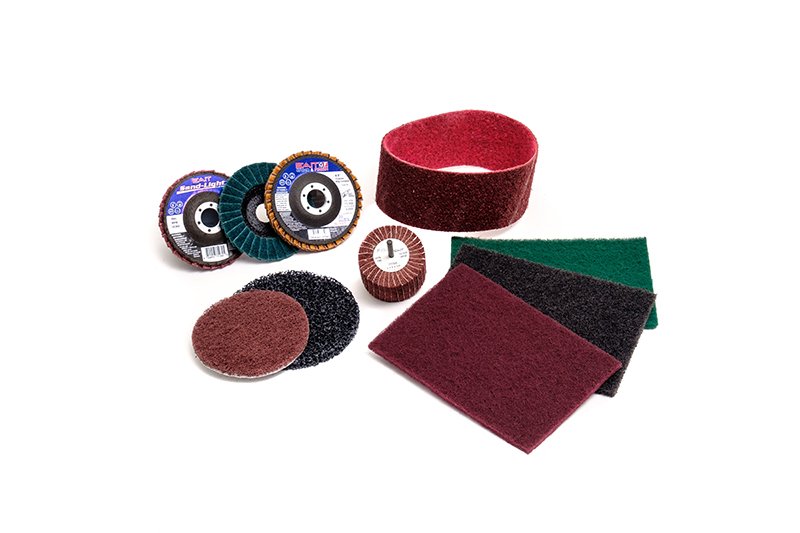 ABRASIVES & SAWBLADES
ABRASIVES & SAWBLADES
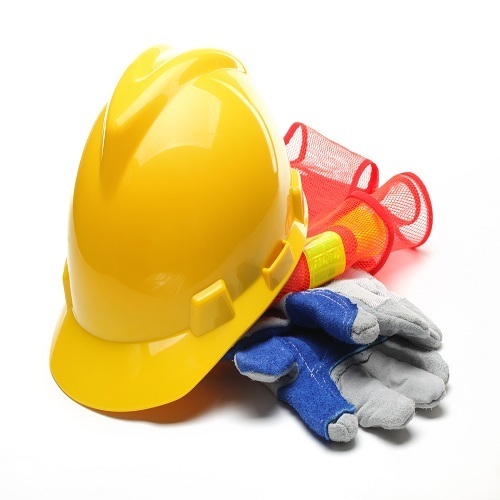 SAFETY EQUIP.
SAFETY EQUIP.
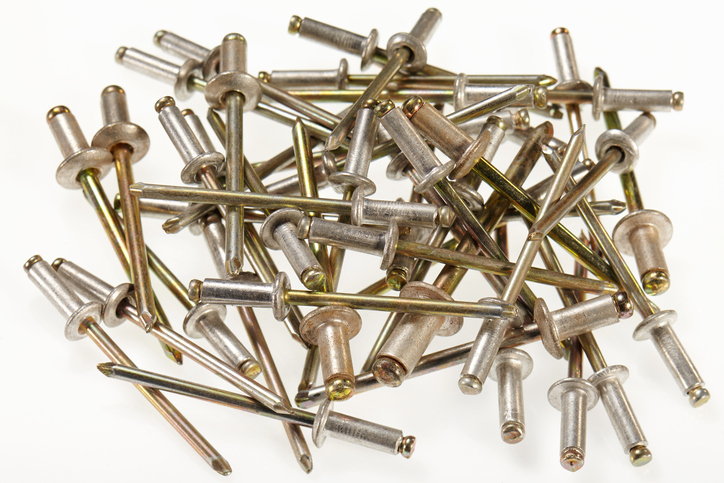 MISC.
MISC.
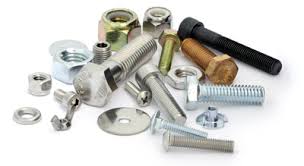 MATERIAL TYPES
MATERIAL TYPES
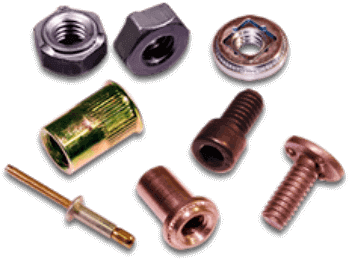 PLATING TYPES
PLATING TYPES